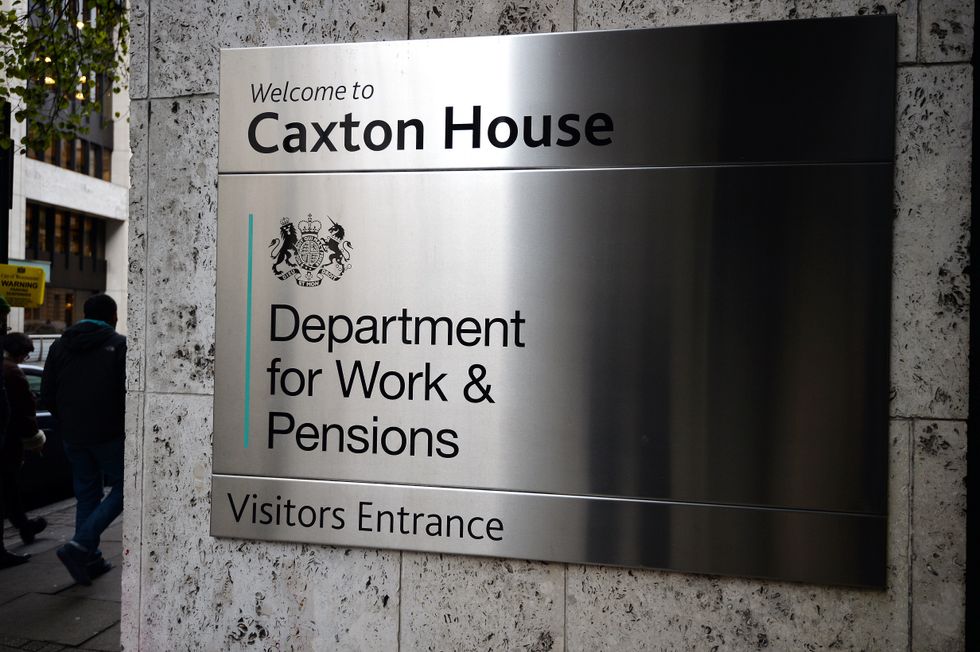The Department for Work and Pensions (DWP) is set to gain new powers to directly access bank accounts and wages of suspected benefit fraudsters, as part of a major Government crackdown on welfare fraud.
Liz Kendall, Work and Pensions Secretary has unveiled plans to update the department’s “outdated” investigatory tactics, which have remained unchanged for two decades.
The proposed measures, to be introduced in the upcoming Fraud, Error and Debt Bill, will also push private companies, including airlines, to share information with fraud investigators. The Government aims to save £1.6billion over the next five years through these enhanced powers.
Under the new legislation, DWP investigators will be granted powers to recover debts directly from bank accounts and wages of those who have overclaimed benefits. Currently, the only way to retrieve such debts is through court proceedings.
The expanded authority will also allow inspectors to seize assets from a deceased person’s estate.
Additionally, the DWP will be able to compel a wider range of private companies to hand over information, extending beyond financial institutions and utilities to include airlines and ferry companies.

The DWP will be able to compel a wider range of private companies to hand over information
GETTY
Kendall defended the new measures, stating: “We’re in an absurd situation where DWP’s powers have not been updated for 20 years, meaning fraudsters have new ways of taking public money, and we need to keep pace with them.”
She continued: “My team are still, in 2024, sending letters to gather evidence for those suspected of welfare fraud, slowing them down to snail’s pace when they could be shutting down serious fraud cases.”
Kendall cited a recent case involving a Bulgarian fraudster who conned £2.2million from British taxpayers over four years as an example of the complex schemes the DWP needs to combat.
The scale of benefit fraud has reached record levels, with official figures showing it cost taxpayers £7.3billion last year.
Officials have attributed this rise to an “increasing propensity” for such scams since the pandemic, when many checks on universal credit applications were lifted.
The DWP’s latest annual report revealed an assumption of a five per cent increase in fraud each year. In 2023-24, £9.7billion of taxpayers’ money was overpaid in benefits due to fraud and error, accounting for 3.7 per cent of total benefit expenditure.
This marks a significant increase from £8.3billion and 3.6 per cent in 2022-23, with overpayments remaining well above pre-pandemic levels.
Privacy campaigners have raised concerns about the new powers. Silkie Carlo, director of Big Brother Watch, warned: “This blank cheque to force private companies to snoop and report on the country’s poorest citizens to the state is intrusive, excessive and will create a culture of fear among millions of people claiming benefits.”
Carlo added: “For a Labour Government to introduce tough investigatory powers more typical of a counter-terror context to Britain’s welfare system is an alarming attack on privacy and yet another assault on the poor.”
These criticisms highlight the tension between fraud prevention and protecting individuals’ privacy rights.
The Government has emphasised that the new measures will be “proportionate and targeted” and will not apply to the state pension.
Kendall dismissed concerns about state snooping on bank accounts as “nonsense”, assuring that independent oversight will be in place.
LATEST DEVELOPMENTS:
She stated: “We are taking bold steps to ensure this power is proportionate and targeted.”
The Work and Pensions Secretary added that human checks will always be part of fraud investigations to ensure they are “right and necessary”.
The Fraud, Error and Debt Bill is set to be introduced in the coming months.